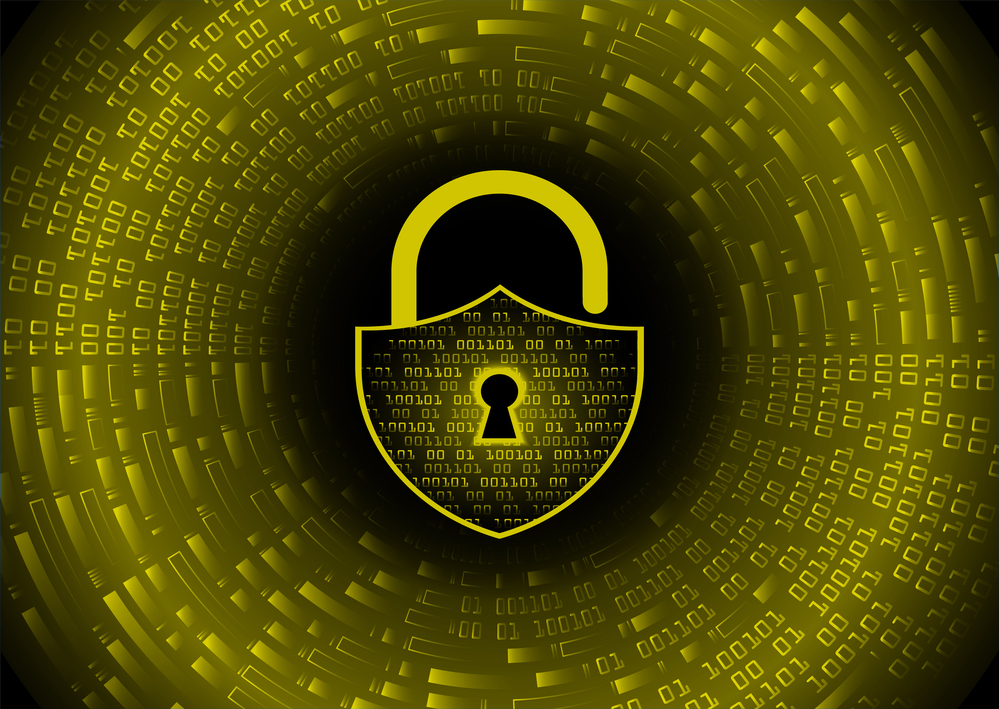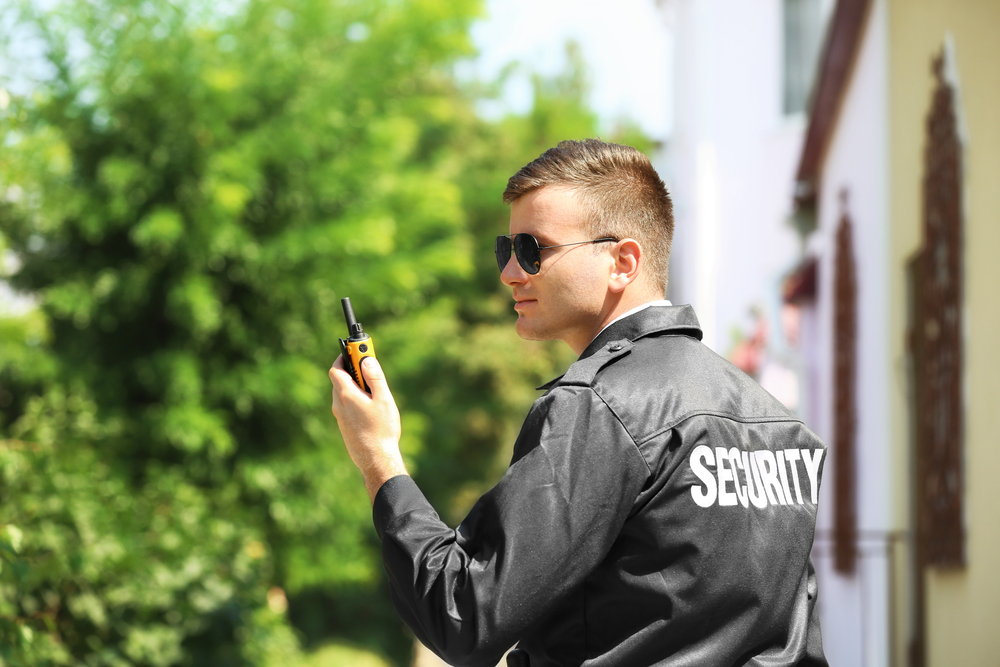In business today, keeping liability to a minimum is absolutely key if you want to see sustained continual success over many years.
Liability risks can take a number of different forms including security threats, health and safety breaches, and a failure to prepare properly for emergency situations.
When creating a comprehensive risk management strategy it is vital that you take the time to address the possible liabilities that you face. In this article we are going to help prepare you to do just that by walking through some of the most proactive ways that any business owner can use to reduce liability a prepare for long-term sustainable growth.
We will be particular attention to a service offered by professional security companies that is known as keyholding and alarm response.

Without further ado, here is your guide to reducing liability as a business owner.
Step 1 – Identifying risks
If you don’t know what liability risks you are facing, it is impossible to effectively guard against them. The very first thing that you should do to reduce liability is to conduct a risk assessment to identify potential liability areas you need to be aware of.
If you don’t really know where to start with this, consult with a professional security company who will be more than used to carrying our risk assessments on all sorts of different properties across the nation.
Some of the things that should be covered in a standard risk assessment include general security in and around the site that makes sure all employees and customers are safe, cybersecurity protecting your company data, and that of your clients, and anything that could compromise health and safety on the premises.
When you choose to consult with a security company that has a working knowledge of the local area, they will also ensure that you fulfil all your contractual obligations in terms of liability management and avoid any potentially nasty legal disputes further down the line.
Step 2 – Putting security measures in place
It is now time to act upon the research that you just carried out and deploy security measures that will help to avoid any of the risks noted from coming to fruition.
Just some of the common security measures that it is recommended most companies put in place include CCTV to monitor ongoing site activity and identify any intruders at the earliest possible stage and alarm systems that keep you protected when you can’t be on the site yourself.
For larger properties, manned guarding may be recommended, where trained security officers monitor the property all day and night, or attend the site to perform mobile patrols at pre-agreed times.
Besides security to deal with external threats, you should also consider everyday health and safety and develop a comprehensive guide for your staff on best practice when looking to avoid any nasty accidents during the working day. This guide should be reinforced by a educational strategy for
Step 3 – Consider Keyholding

Although this technically falls under the category of a security measure, the services that keyholding companies provide are pretty underrated and deserve their own special mention.
Keyholding involves a set of keys being given to a security firm, who will use them to response to alarm activations, reduce the threat of unauthorised access, and take on some of the liability that comes from a possible security breach.
Given the effectiveness of keyholding services provided by expert security firms in reducing the risk of theft, vandalism, and more, many insurance companies will only offer policies to companies with keyholding services in place, or at least offer a discounted policy to those that do.
Your keyholding company will not only respond to alarm activations themselves but will also help you to optimise your own alarm response protocols by giving you the benefit of their extensive experience. They will have close relationships with the emergency services and will often offer training programmes for your staff and drills that will ensure everyone on site is aware of the exit plans and their responsibilities in the event of an emergency. They will also be able to manage and maintain your security systems, including CCTV, alarms, and more.